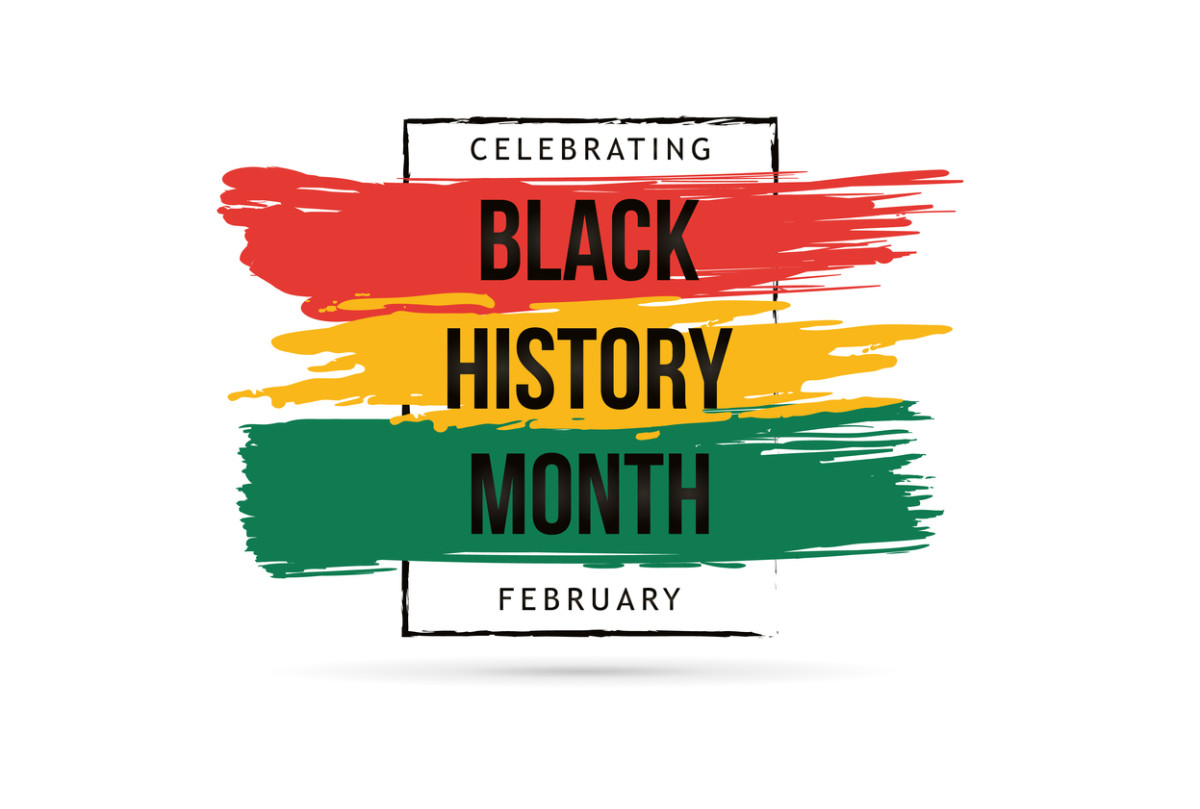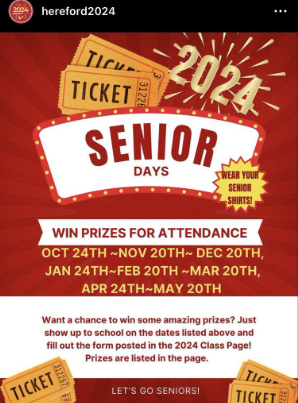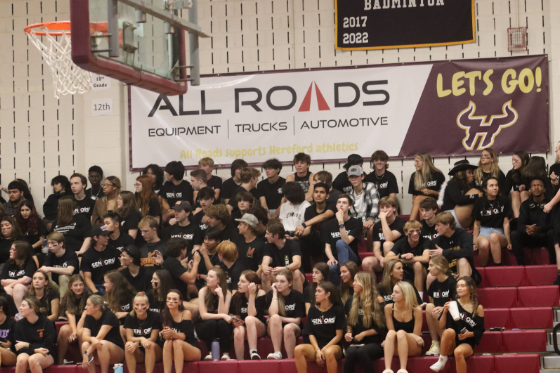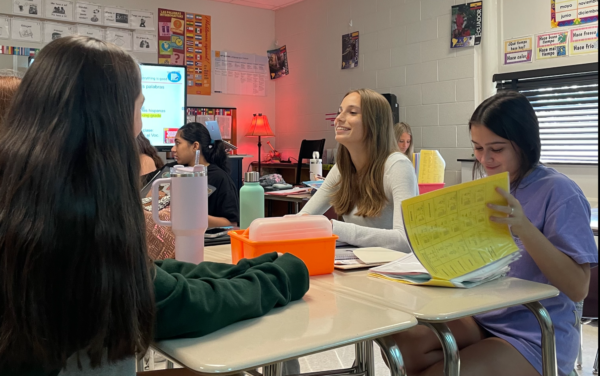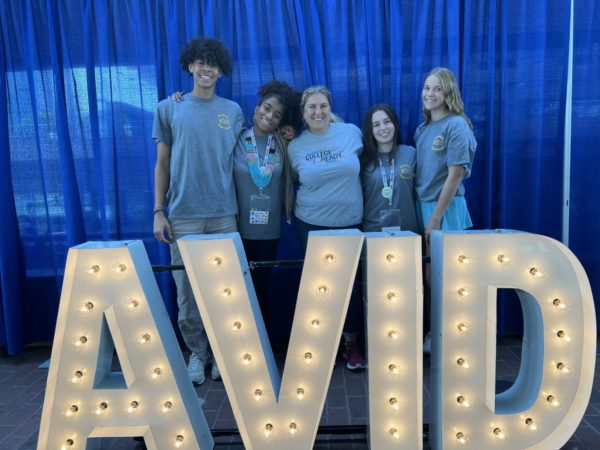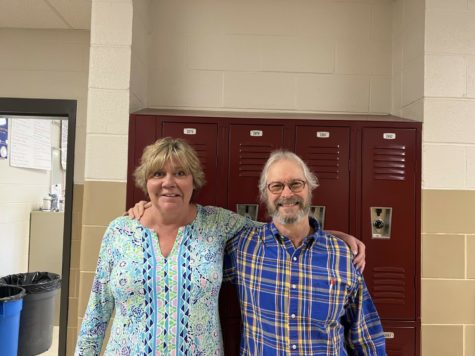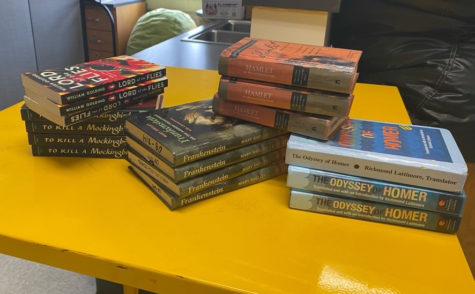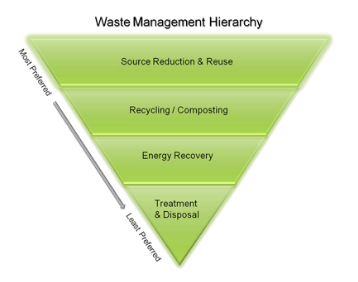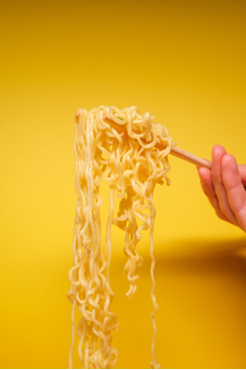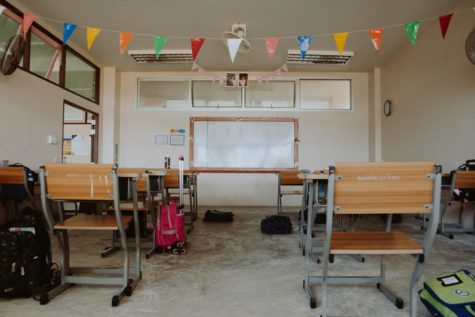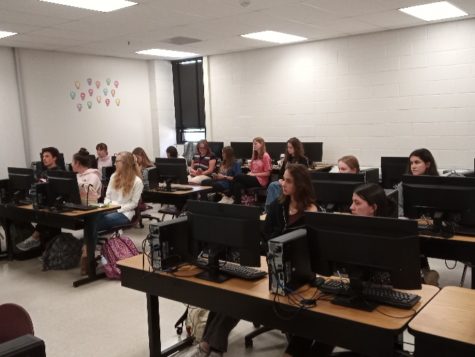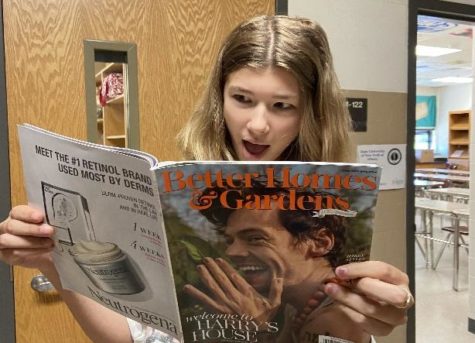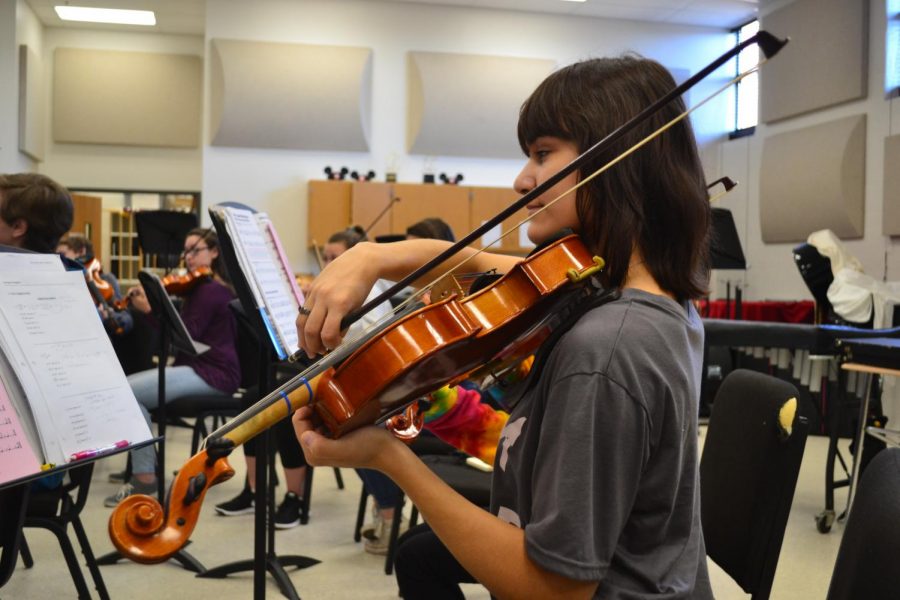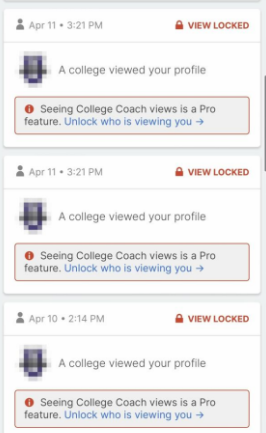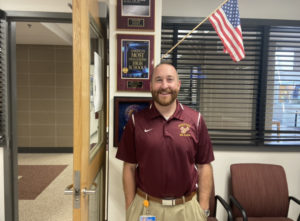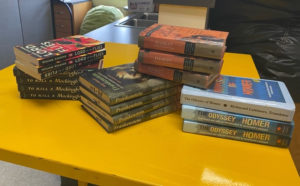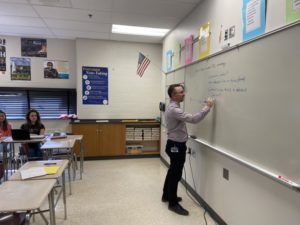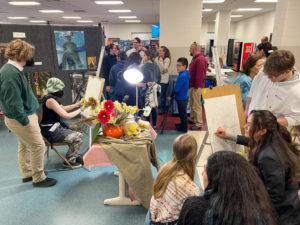Music students attend The Maryland State Solo and Ensemble Festival
Photo provided by Amanda Rodier
Nikki Lenhoff (’18) plays the viola in orchestra class led by music teacher Janet Sovich. Lenhoff performed in the Honors All-County Orchestra.
March 14, 2018
The Maryland State Solo and Ensemble Festival is for soloists and small ensembles who would like to formally perform where they can be adjudicated. In comparison to this festival, the school’s choir, orchestra, and band are required to go to Perry Hall every year in March to get adjudicated for a grade.
“The whole entire performance is critiqued based on different aspects such as the tone quality, musicianship, articulations, tempos, and blend and balance of the ensemble,” music instructional leader Janet Sovich said. “There is no soloist, there is no one person, it’s about the ensemble and how we work and play together,”
Unlike these group performances administered by the state, the Solo and Ensemble Festival is an optional opportunity for musicians to receive an “objective view of how they’re progressing within their music,” music instructional leader David Sobel said. The students prepare a solo that is ranked based on the difficulty level of the piece one being the least difficult and six being the most difficult. The performance is then graded with a system opposite to AP style tests one being superior and four being fair. “If you receive a superior rating at the county festival you’re then invited to participate in the State Solo and Ensemble Festival,” Sobel said.
If one receives a superior rating they also get a certificate that says the level and rating of their performance. This is important if one would like to pursue music as a minor in college or career as it shows you participated and excelled in a performance outside of school.
“I want another pair of eyes and someone to judge my music and what I need to work on,” Sarah Bennet (’20), a six-year celloist, said.
“I chose to go to the festival in order to become better at music, to get feedback from others as well as to have a great challenge” Gustavo Mejias Torres (’20), a six-year trombonist, said.
This festival gives students an opportunity to win in a sense of receiving the reward to move on to a higher level. This is their version of a county and state championship.
“What makes it a big deal for our musicians is that unlike athletics, you don’t win in the arts,” we are not competitive. For an individual you cannot win at a competition unless you go to a private institution (The Solo and Ensemble Festival),” Sobel said.
Though the musical arts differ from sports in regard to competition, passion, teamwork, and drive are equally prominent.
“Music is something I can put emotion into and people will understand me better,” Bennet said.
Similar to athletes who improve the longer they play, musicians develop a deeper connection with their music.
“Music is inspiring due to the way it is able to convey emotions and ideas in a way words cannot,” Mejias Torres said.
These musical students are dedicated to excellence.
“I feel like our band and orchestra is really invested in playing the absolute best they can,” Sovich said.

